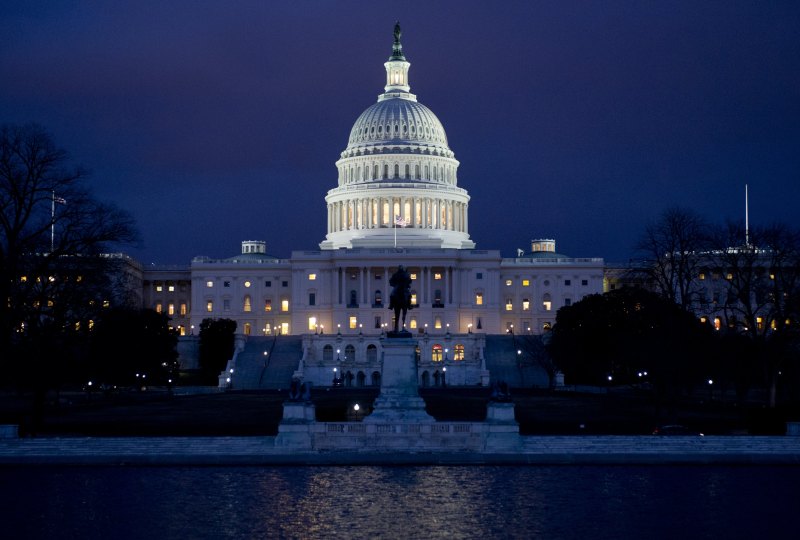In a Thursday afternoon conference call with reporters, she said the early announcement was designed to make things clear for those who might want to run.
"I think it's only fair to the people who are thinking about this," said Boxer, 74.
Of course, Boxer had given the best hint any politician could give about her future plans: She hadn't raised much money for a 2016 campaign. Nonetheless, the news sent California's political cognoscenti into hyperdrive.
The early (and smart) analysis of political observers seems to come down to a few key points:
- Who really wants to be a United States senator? Being a legislator, even in one of the world's most august institutions, is a lot different than being governor, or even a big-city mayor. Yes, a lot more segments on CNN and the time-honored belief that every senator looks in the mirror and thinks they see a president. Still, some of California's most talked-about contenders have suggested they're not very interested in being one of 100, so the actual job is important to consider.
- Who's got the name ID or resources? Running a statewide campaign in California isn't cheap. Contested campaigns -- especially if there are heated races in both June and November -- could easily cost $50 million. Or more. That's no problem for someone like wealthy activist Tom Steyer or an established statewide official, but it could be a tough tab to pay for even a well-liked member of the state's congressional delegation.
- Who are a viable candidate's base voters? If you're a wannabe in the Bay Area or Los Angeles, you've got a core constituency that's larger than someone from more rural parts of California. Then again, that constituency gets sliced pretty small if you're not the only candidate from that region -- hence the challenge if, say, both Lt. Gov. Gavin Newsom and Attorney General Kamala Harris were pondering a run from their base in the Bay Area.
- How will the Top Two primary affect this race? This U.S. Senate race may be the first real test of the potential for partisan crossover offered by California's relatively new primary rules. All voters will be able to vote for all candidates, which could spark a very different kind of campaign if multiple prominent Democrats choose to run. Some observers have also mused about two Democrats getting the most votes in June and shutting out Republicans, though it's more likely (if 2014 is any guide) that GOP voters would still stick to the candidate with their party's label -- unless, of course, a more centrist Democrat appeals to them in the vein of Gov. Jerry Brown's support among Republicans last fall.
- Who will show up to vote in 2016? Most observers believe that California's electorate will be larger and more diverse in the presidential election to come than it was in 2014. Might those voters, especially if more of them are younger Californians, gravitate to a different kind of candidate? Will expected ballot fights over taxes or legal marijuana draw a different kind of turnout? And don't forget that the November electorate will likely be different from the June electorate.
- Is it really a "free shot" election? Observers in the early hours have focused on the fact that the big names -- from Harris and Newsom to newly elected Treasurer John Chiang and even Secretary of State Alex Padilla -- all have guaranteed jobs through 2018 thanks to their recent victories, making a 2016 campaign a "free shot' of sorts at higher office. But that won't be true for members of the U.S. House of Representatives, who would have to give up their two-year seat for a jump at the senatorial brass ring.
There are no doubt countless other questions that will arise for potential candidates now eyeing this chance at a powerful post. Republicans, for example, need to decide if there's actually a path to victory for one of their own -- and potential GOP candidates may back away if they feel as though they'd be a sacrificial lamb.
But the bottom line: This is full of buzz because it's a rare chance to win a job that has proved to be very secure.
Boxer and fellow Democratic Sen. Dianne Feinstein were both elected in 1992. And even though Boxer's job approval ratings in the nonpartisan Field Poll have never broken the 50 percent threshold in that period, she won her last three elections by margins of 10 to 20 points.
